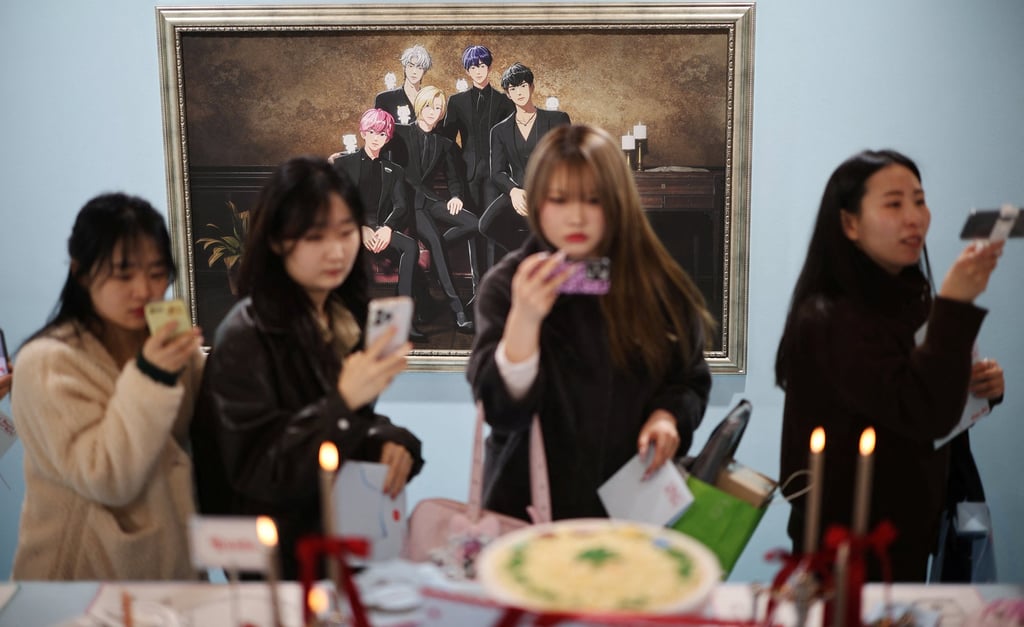A recent court decision involving defamation against a virtual K-pop group is prompting fresh legal debate in South Korea over the rights of digital personas – with analysts describing it as a significant shift in how the law defines harm, identity and expression in the age of the metaverse.
Advertisement
The case centred on Plave, a five-member boy band whose anime-style avatars exist solely in the virtual realm but are voiced and animated by real-life performers using motion-capture technology.
Despite their stylised appearance, the court found that online insults directed at the avatars amounted to defamation of the humans behind them – a view legal scholars say reflects a growing recognition of avatars as extensions of individual identity.
“Considering that in today’s metaverse era an avatar is not a simple virtual image but a means of self-expression, identity and social communication, defamation against an avatar can constitute an infringement on the actual user’s external honour,” wrote Judge Jang Yoo-jin in the May 14 ruling, which ordered the defendant to pay damages to each of the five performers.
Rather than marking the close of a dispute, the verdict is widely seen as the start of a broader legal reckoning over how societies define harm – and personhood – in virtual spaces.

The dispute began last July, when a social media user posted a series of mocking videos and derogatory comments targeting Plave, describing them as “ugly” and ridiculing their performances. Some posts included profanity.

